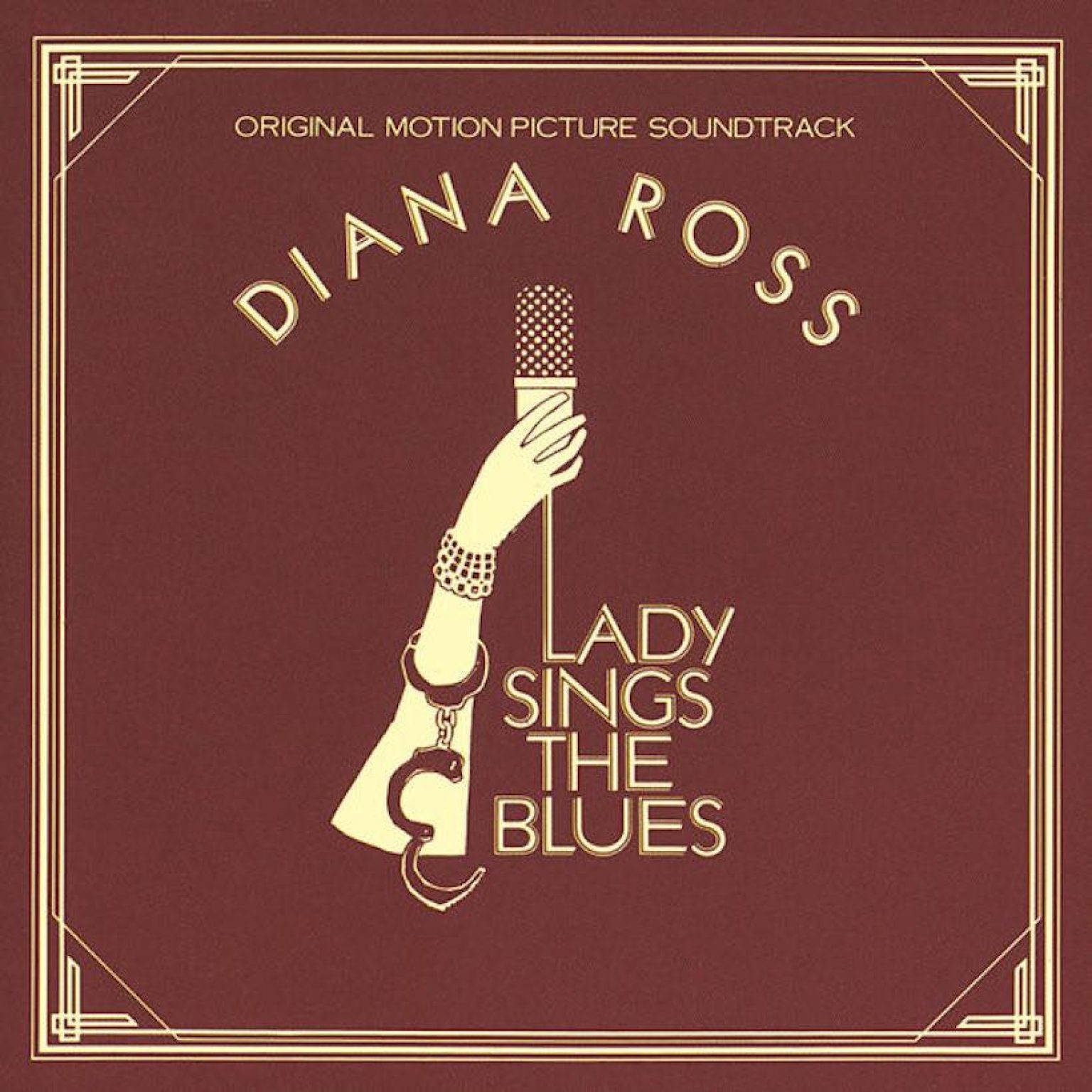Diana Ross’s monstrous ego has long been blamed for the Supremes’ demise. According to sources, it all started because Florence Ballard wasn’t happy when a young ‘Diane’ (Mary Wilson’s favorite Diana Ross jab) Ross was made the lead singer.
Diana Ross, Florence Ballard, and Mary Wilson’s relationship strained for decades despite their humble beginnings and journey to iconic status.
Florence started the group and was the lead singer, but Berry Gordy wanted Diana to be the lead singer. The dye was cast after they scored their first number-one hit with Diana Ross singing lead. From that moment on, Diana Ross took centerstage. Resentment, anger, or frustration caused Florence to leave the group.
Sadly, after Florence left the Supremes, her life spiraled downward. After leaving the group, she didn’t find gainful employment, and her house was foreclosed. Florence died in 1976 at age 32.
In her books and the media, Mary Wilson was outspoken about her personal and professional conflicts with Diana Ross. Many fans believe their two strong personalities found it challenging to share the spotlight. Mary stated that Diana Ross tried different tactics to separate herself from the group once the Supremes began succeeding. She alleged that Diana would change her costumes to set herself apart. During TV appearances, Ross allegedly stood far away from her group members on stage so the camera would pan to her solo. Mary’s public refusal to join Diana Ross on a Supremes reunion tour due to a disagreement over fees garnered much attention and ill will.
At the time, Mary Wilson alleged that Diana Ross would earn $15-$20 million while she and the others would only pocket $2-$3 million.
However, Smokey Robinson’s recent confession that he had a yearlong affair with Diana Ross makes me wonder if there is more to the story. It appears that most men at Motown thought Diana Ross was ‘hot stuff’. She had sexual relationships with Berry Gordy and Smokey Robinson, and Marvin Gaye was attracted to her. These men changed the face of pop music. Together, they
made music that defined its era and significantly influenced modern pop and R&B. You have to hand it to Diana Ross for her excellent taste in men.
According to Martha Reeves, the Supremes took a long time to break through. She told the Daily Mail, “They (the Supremes) were desperate for a hit.” Some people will do almost anything when they’re desperate, and some will do nearly anyone.
Diana’s affairs with the head of Motown and the label’s most successful songwriter probably helped secure the Supremes better songs and priority over other artists. Mary and Florence professionally benefited from her affairs as members of the Supremes. However, Mary and Florence’s relationships with other labelmates could have suffered. If the other Motown acts knew about Diana Ross’s affairs, they might have lacked respect for Mary, Florence, and Diana. It’s a case of guilt by association. One can assume the others would think the Supremes weren’t offered hit songs because of their talent but because of who she’s sleeping with. If everyone’s fighting for a hit record, but only one woman’s getting the lion’s share because of her love life, it’s easy to see why the others would hate you for being her group member.
Is this pure speculation?
For many years, Martha Reeves vied with Diana Ross for the mantle of Motown’s First Lady. Even though Martha Reeves denies they feuded, several stories have reported the contrary.
Sleeping with someone for professional gain doesn’t always mean success.
However, occasionally, it works to blur the lines between professional and personal lives to achieve your goals. There’s no question that it worked for Diana Ross. The most successful men in the music industry were attracted to her. She had the world on a string and the talent to match. No one can deny her triumphs in her Central Park concert or on screen in “Lady Sings The Blues.”
So what do you think?



